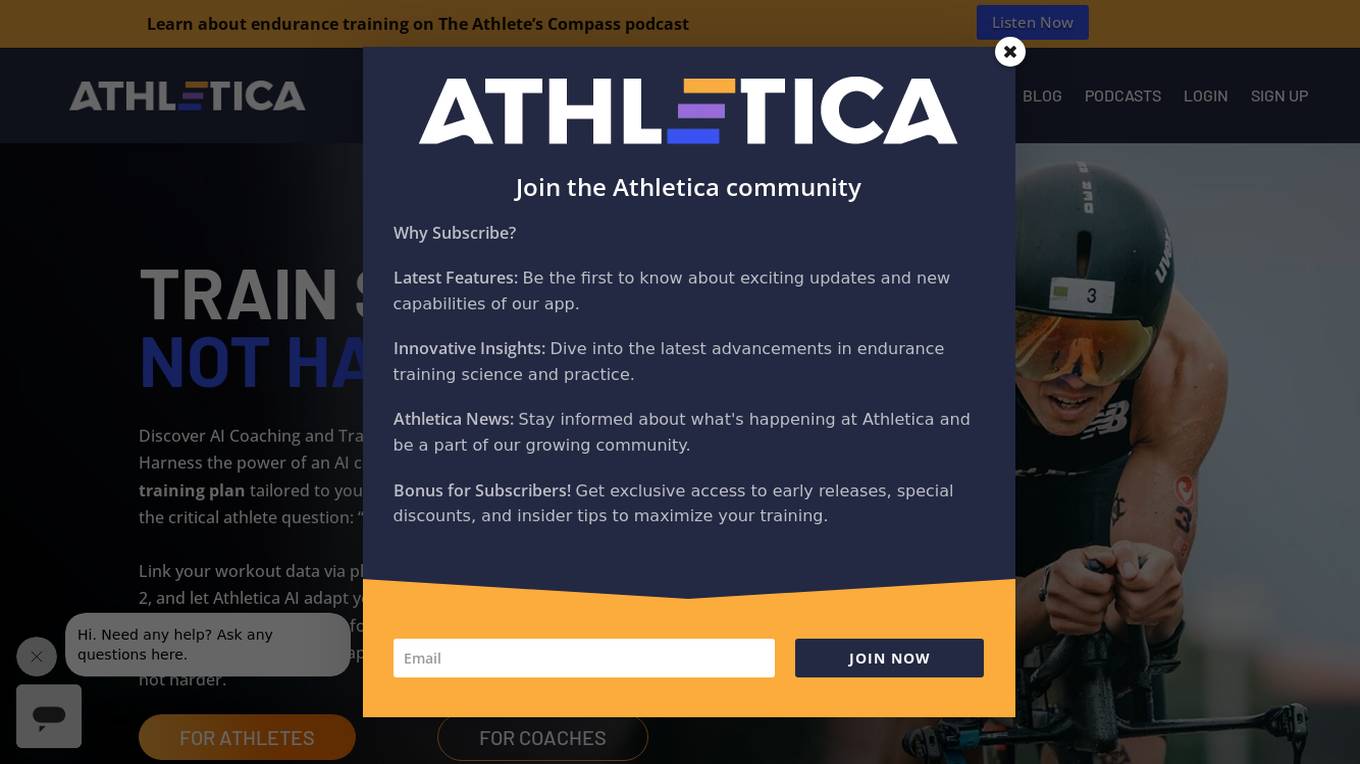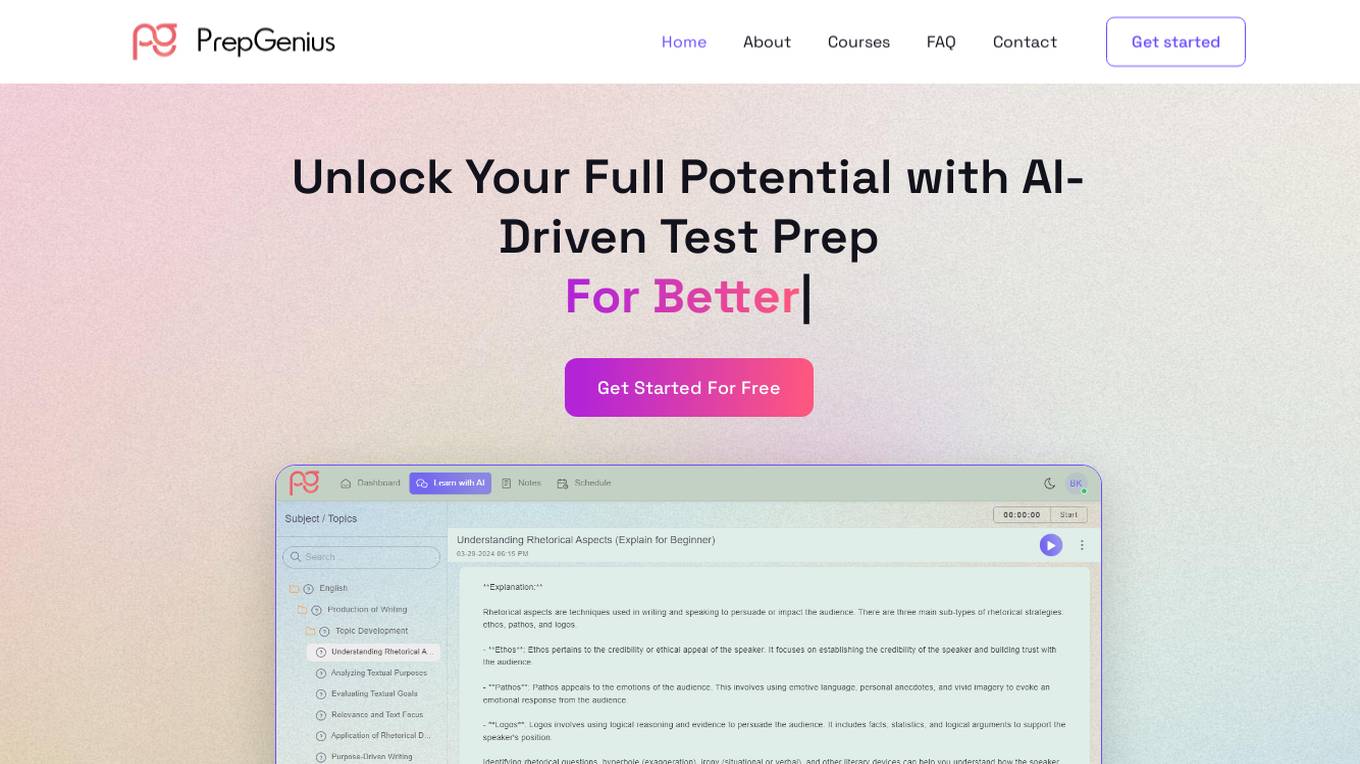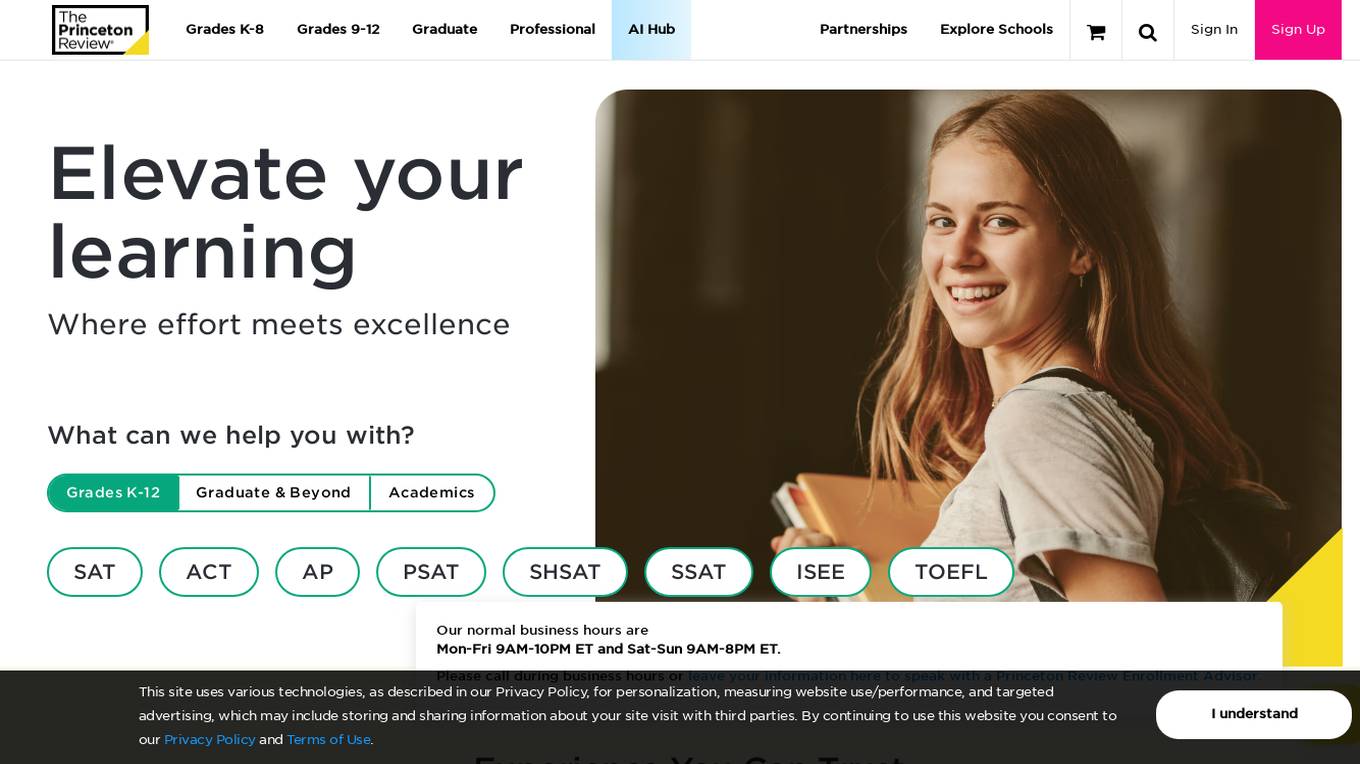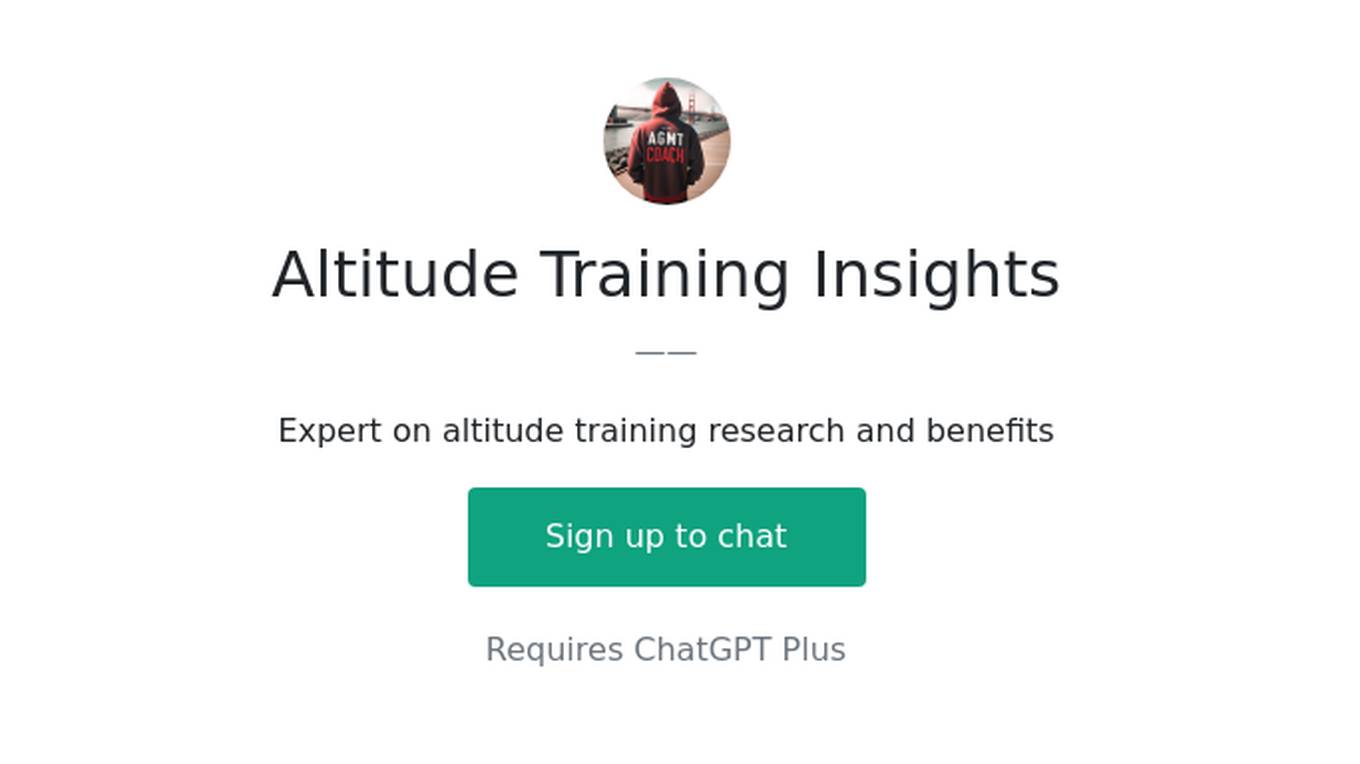Best AI tools for< Endurance Coach >
Infographic
5 - AI tool Sites

Athletica AI
Athletica AI is an AI-powered athletic training and personalized fitness application that offers tailored coaching and training plans for various sports like cycling, running, duathlon, triathlon, and rowing. It adapts to individual fitness levels, abilities, and availability, providing daily step-by-step training plans and comprehensive session analyses. Athletica AI integrates seamlessly with workout data from platforms like Garmin, Strava, and Concept 2 to craft personalized training plans and workouts. The application aims to help athletes train smarter, not harder, by leveraging the power of AI to optimize performance and achieve fitness goals.

Endurance
Endurance is a platform designed for runners, swimmers, and cyclists to engage in group training activities with friends or local communities. Users can create or join teams, share structured workouts, and benefit from collective motivation and accountability. The platform aims to make training fun and effective by leveraging the power of group workouts and social connections.

PlanMyFit
PlanMyFit is an AI-powered training service that offers personalized workout plans tailored to individual needs at a competitive price. The service utilizes advanced AI technology to create customized training programs based on user goals, experience, and preferences, providing a cost-effective alternative to traditional coaching. Users can access detailed workout plans designed by the AI system, helping them achieve their fitness goals efficiently and effectively.

PrepGenius.ai
PrepGenius.ai is an AI-driven test preparation platform designed to revolutionize the way students prepare for AP courses, college admission tests, and more. The platform offers personalized study plans, real-time feedback, interactive learning tools, and comprehensive resources to help students understand their strengths and weaknesses. With PrepGenius.ai, students can study smarter, receive tailored feedback, and track their progress to improve their test scores effectively.

The Princeton Review
The Princeton Review is an AI-based test preparation and tutoring platform offering personalized academic support, test prep courses, and college admissions counseling. With over 43 years of industry experience and a track record of helping millions of students, The Princeton Review uses sophisticated AI technology to provide students with tailored learning experiences, expert-led videos, interactive reports, and feedback tools for essays and homework. The platform covers a wide range of subjects and exams, from K-12 academics to graduate and professional tests like SAT, ACT, MCAT, LSAT, GRE, GMAT, and more. Additionally, it offers services for college admissions counseling, school partnerships, and international licensing.
0 - Open Source Tools
7 - OpenAI Gpts

THEMOVE Domestique
Expert in cycling, triathlon, endurance sports, inspired by WEDŪ & THEMOVE
College entrance exam prediction app
Our college entrance exam prediction app uses advanced algorithms and data analysis to provide accurate predictions for students preparing to take their college entrance exams.




